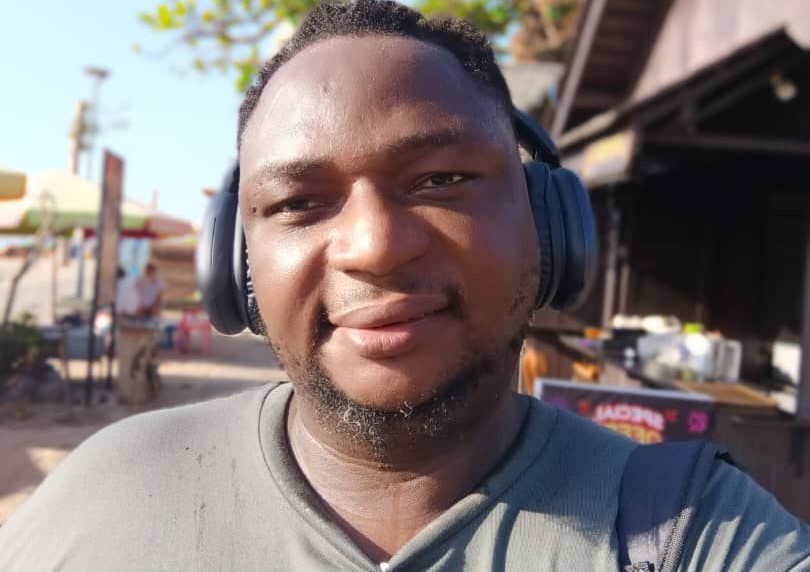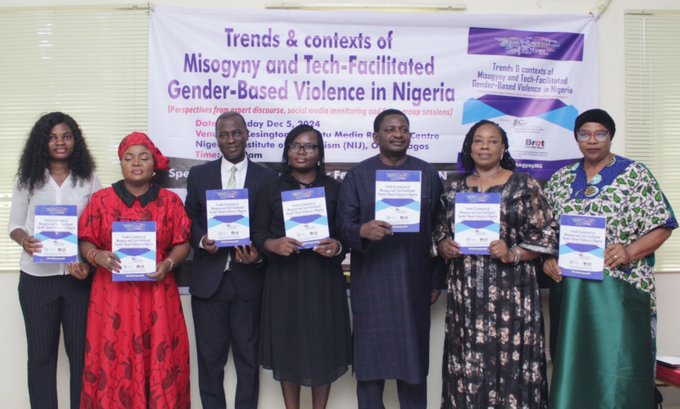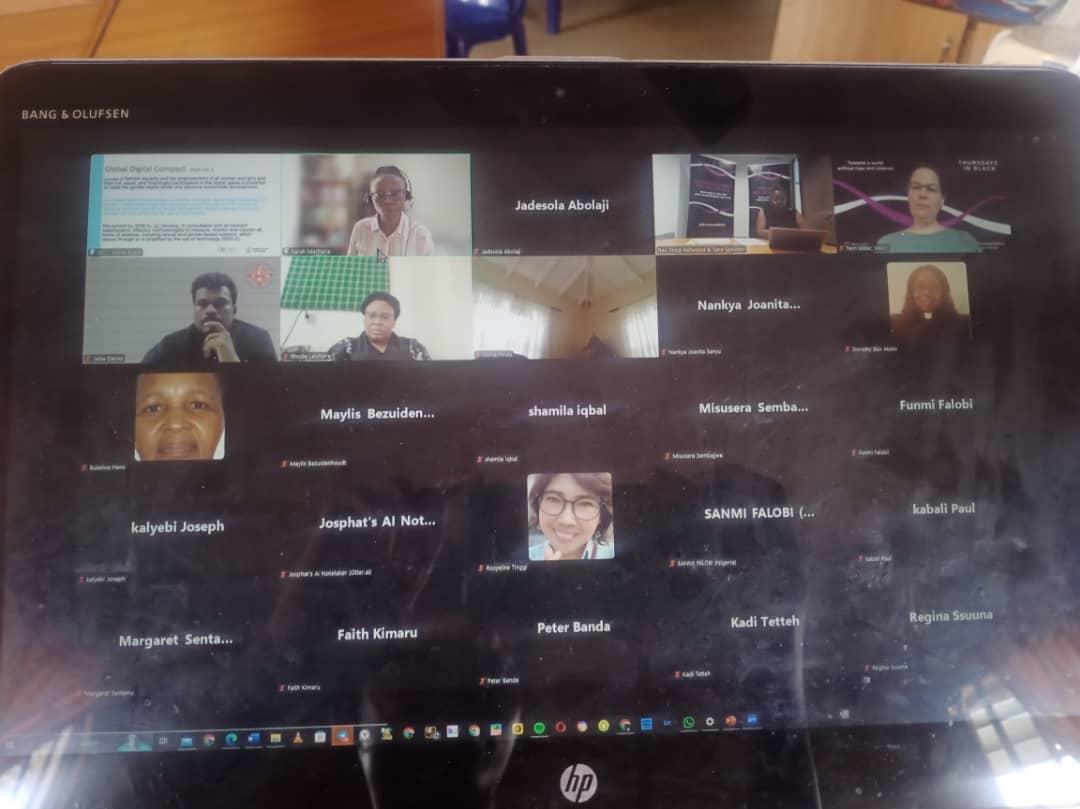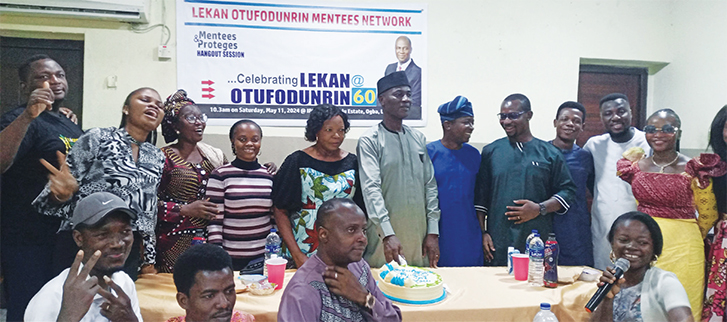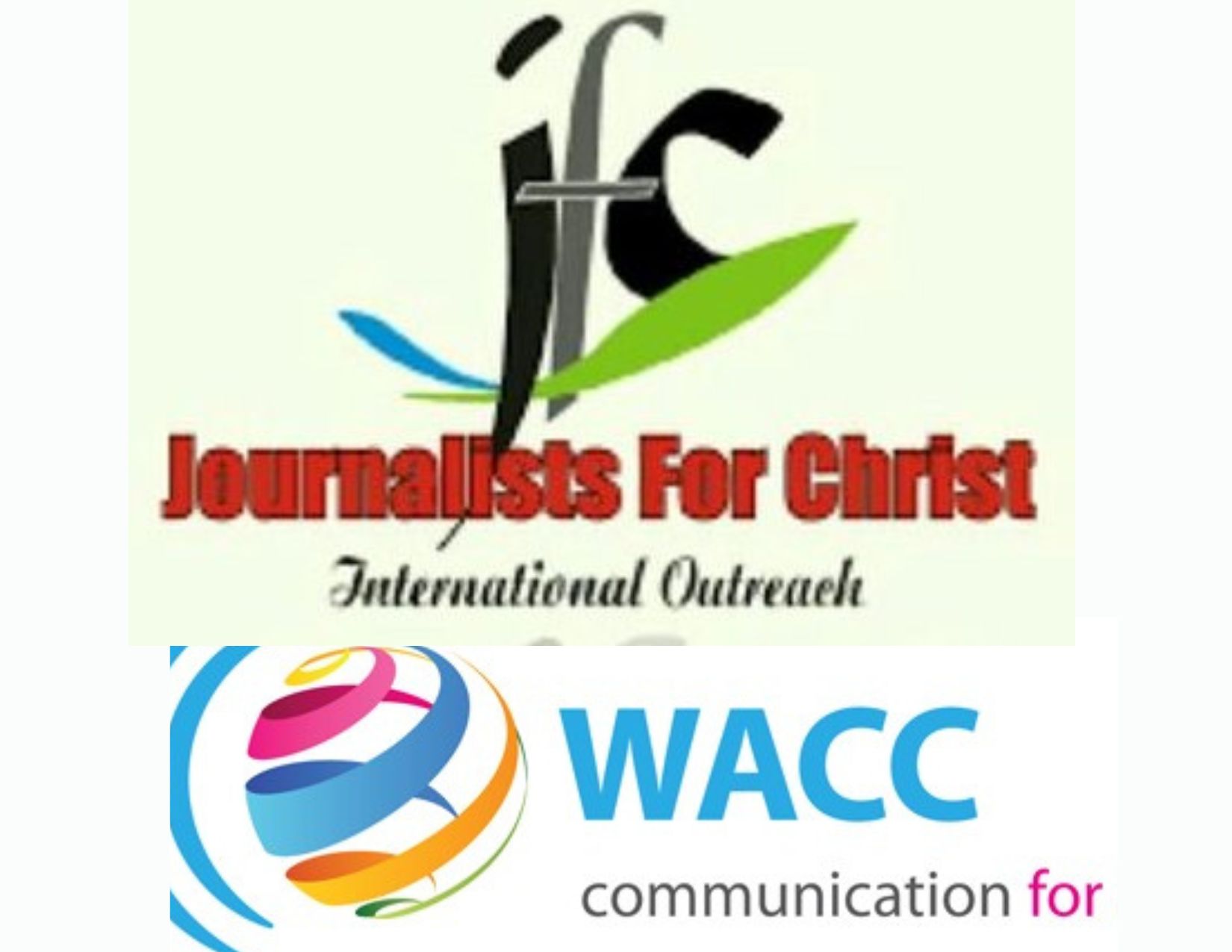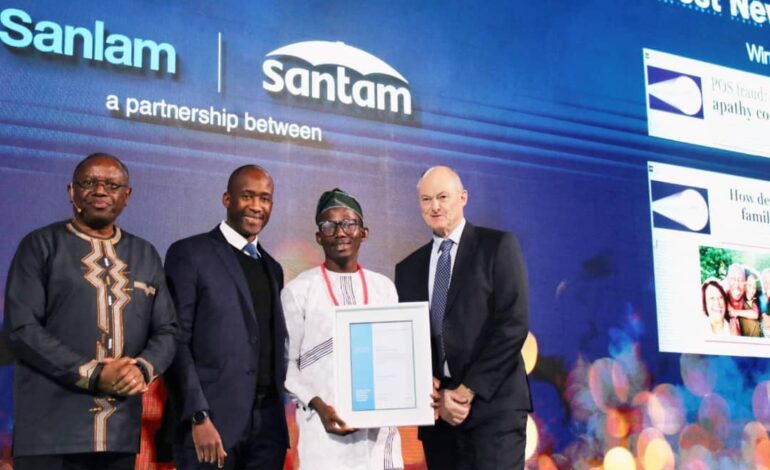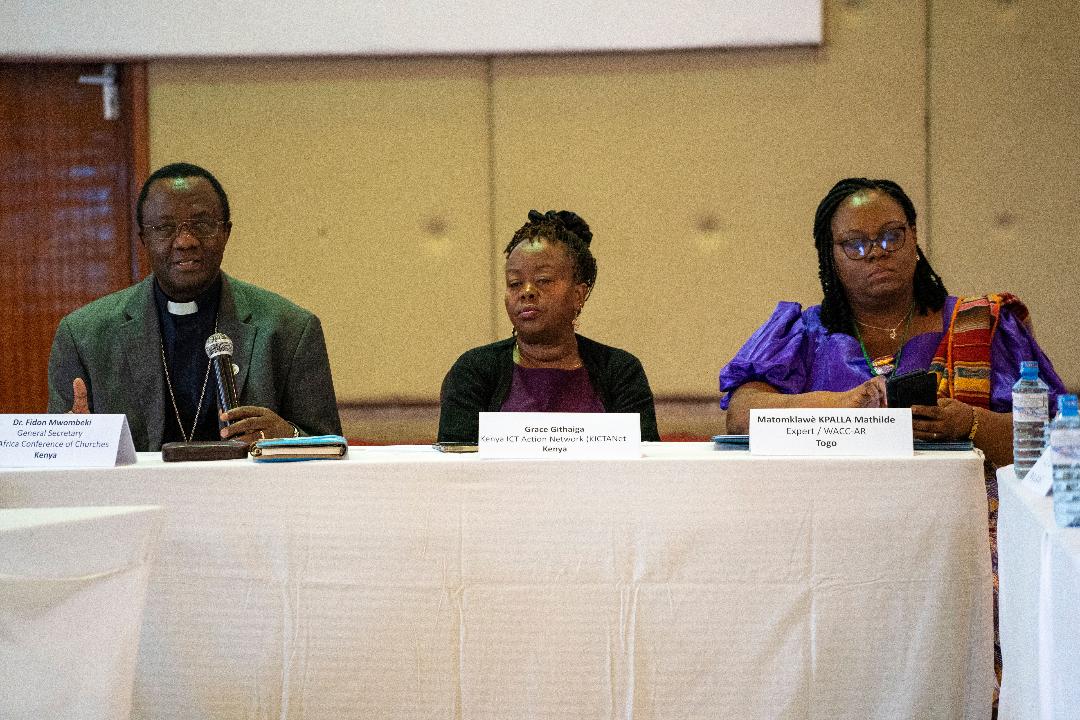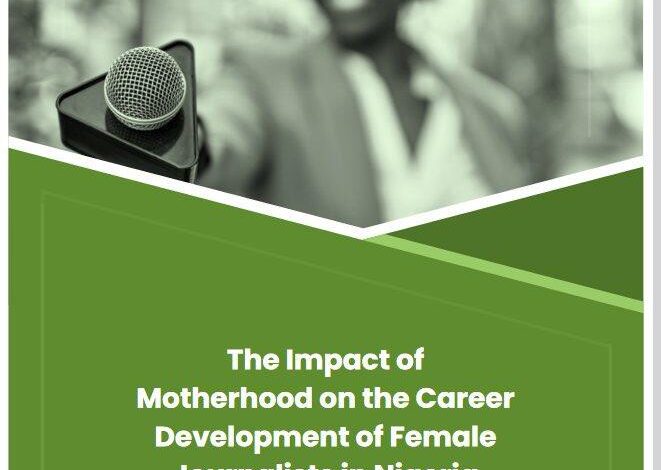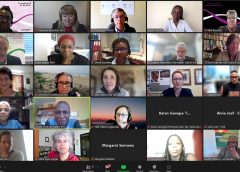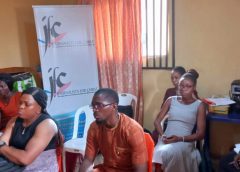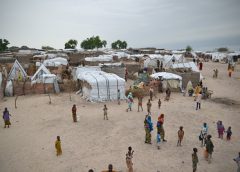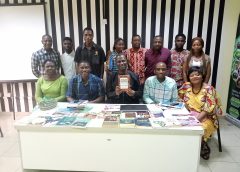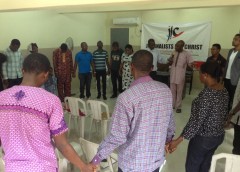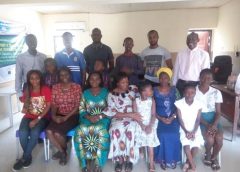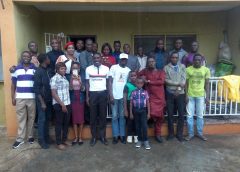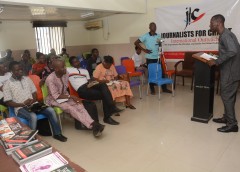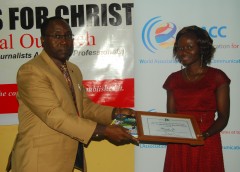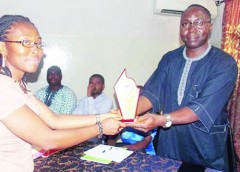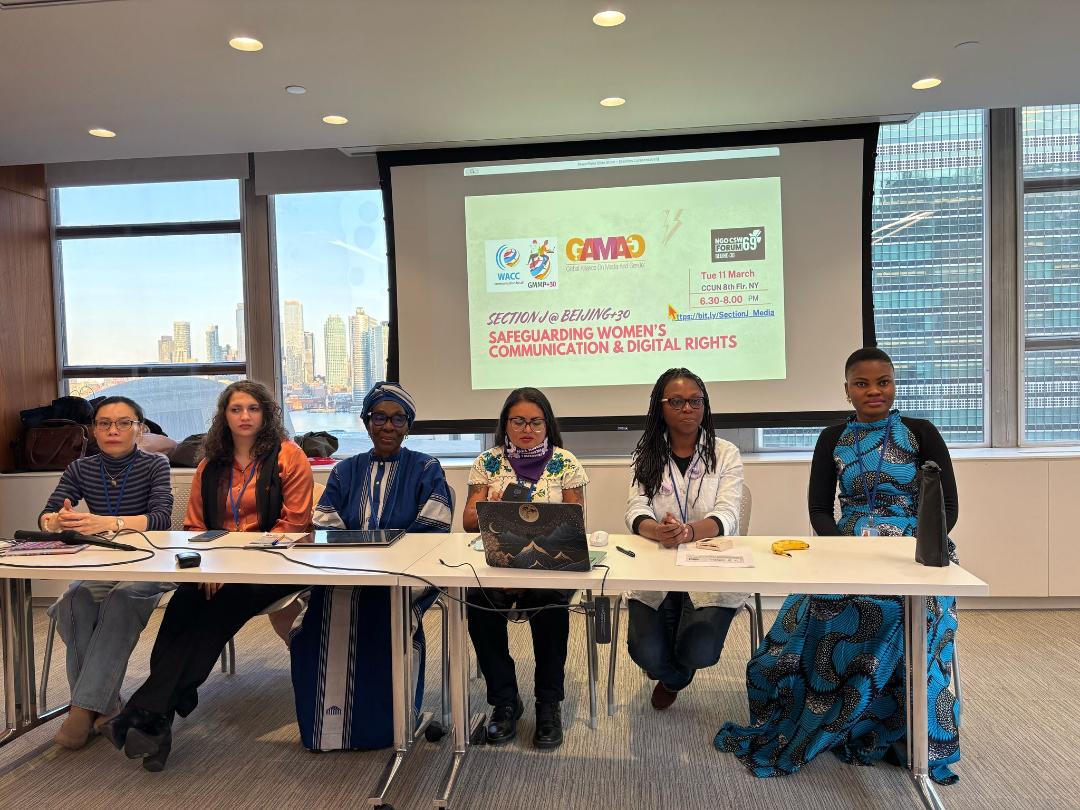
A new report by Journalists for Christ International Outreach (JFC), revealing alarming trends in tech-facilitated gender-based violence (TFGBV) on Nigerian social media in Nigeria was presented at the 69th United Nations Commission on the Status of Women (CSW) in New York, USA.
The report titled Countering Misogyny and Tech-Facilitated Gender-Based Violence in Nigeria was presented by Project Officer of the #EndMisogyny Project, Blessing Oladunjoye, during a parallel event at the NGO Forum of the CSW, organized by WACC Global and the Global Alliance on Media and Gender (GAMAG).
The project was implemented by JFC with support from WACC Global and Bread For the World.
Based on the monitoring of over 500 social media posts from January to September 2024, highlights the growing prevalence of misogyny and online harassment targeting women, particularly those in leadership positions, female journalists, and women with disabilities.
While presenting the report, Oladunjoye explained that the research identifies various forms of digital violence faced by Nigerian women, including cyberstalking (45.5%), doxxing (10.6%), deepfakes (6.1%), sexting (3%), and revenge porn (1.5%).
She also noted how online misogynistic posts silence women in leadership, humiliate them, and ridicule their achievements.
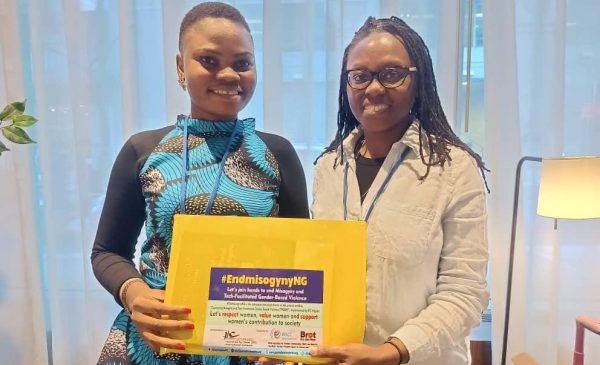
“The study found that TFGBV silences women, forcing many to self-censor or withdraw from digital spaces. Women in leadership roles, in particular, face disproportionate levels of abuse that create career barriers and discourage their participation in public life.”
She also noted that the psychological toll of TFGBV includes depression, anxiety, and, in extreme cases, suicide.
Emphasizing that “TFGBV is a direct threat to women’s communication rights,” Oladunjoye recommended that “there must be stronger digital safety standards on tech platforms to enhance privacy protections for women”.
She also pointed to the need for “public reporting mechanisms for TFGBV, which has been trivialized and considered harmless.”
“There is also a need for policy review so that laws like Nigeria’s Cybercrimes Act and the Violence Against Persons Prohibition (VAPP) Act can be reviewed to address emerging trends in TFGBV,” Oladunjoye added.
